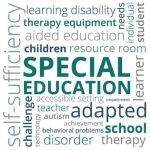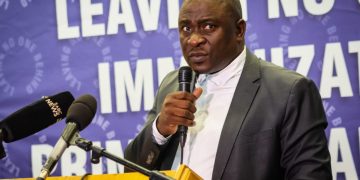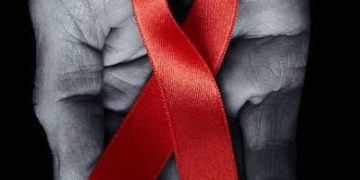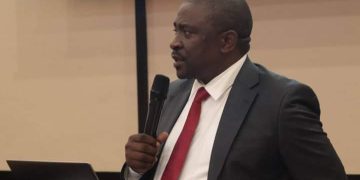
Education is more than just a fundamental right; it’s the key to unlocking opportunities, empowering individuals, and driving national progress. In Lesotho, however, many children face obstacles that prevent them from accessing the quality education they deserve. From overcrowded classrooms to a lack of essential learning materials, the challenges are many. But education must be for all especially for the most vulnerable: children in rural areas, those from low-income families, and children with disabilities.
Recently, World Vision Lesotho hosted a national roundtable on the promotion and protection of the rights of people with disabilities, where education was one of the most pressing issues raised. World Vision believes strongly that everyone, regardless of their circumstances, deserves the chance to access quality, inclusive education. They have worked with various stakeholders to develop the Standards of Operating Procedures for people with disabilities, grounded in the Disability Act of 2021. This act, developed with input from the government and other humanitarian organisations, outlines the rights of people with disabilities in areas like education and equality.
A study conducted by World Vision in schools across Lesotho, including Mount Royal Primary School in Leribe and Kananelo School of the Deaf in Berea, found significant gaps that need urgent attention. The report highlighted a lack of funding, inadequate infrastructure, and a shortage of learning materials for children with disabilities. These barriers make it difficult for these children to fully participate in education and reach their potential. The findings show that there is a real need for the government to step in and address these challenges if inclusive education is to become a reality.
During the discussion, Honourable Mamokete Nts’ekhe, a Member of Parliament from Mphosong, called on the government to make education a top priority. She stressed the importance of investing in career guidance programmes to help students make informed choices about their future. She also pointed out that inclusive education is not just about policies; it’s about ensuring that the rights of people with disabilities are truly met, and that they can fully participate in all aspects of education. It’s time, she said, for the government to implement and enforce policies that make inclusive education a reality in Lesotho.
In the same spirit, organisations like the Bothata Mahlala Development Foundation are working hard to address the educational needs of vulnerable children. In July 2024, the foundation donated 4000 pairs of shoes, sanitary pads, and cosmetics to children in primary schools in Quthing. These donations help meet basic needs and allow children to focus on their education, rather than on the challenges they face. The foundation has also recognised academic excellence, awarding scholarships to outstanding students like Lineo Mafereka and Lithako Matsoso at the 49th convocation of the National University of Lesotho. MR Bothata Mahlala’s message,“Never lose hope with education. The very children who face challenges today can become change-makers of tomorrow,” speaks to the heart of why education matters because it can transform lives.
The path to inclusive education in Lesotho may seem long, but it is achievable. The government must ensure that schools are accessible to all children, including those with disabilities, by investing in infrastructure and providing adequate funding. Schools must have the learning materials needed to support all students, and teachers must be properly trained to implement inclusive practices. Policies like the Disability Act must not remain on paper they must be enforced, ensuring that the rights of all children are respected in every classroom.
In addition, career guidance programmes, as Hon. Nts’ekhe suggested, would help students make better choices about their futures and equip them with the skills they need to contribute to Lesotho’s socio-economic growth. By investing in education, we invest in the future of the country, ensuring that all children, regardless of their background or abilities, have the chance to succeed.
Lesotho stands at a crossroads. The need for education reform is clear, and the time to act is now. Through collective efforts from the government, non-governmental organisations, and individuals, we can make inclusive education a reality for every Basotho child. Only by breaking down the barriers to education can we create a future where every child regardless of their circumstances has the opportunity to rise, succeed, and make a meaningful difference in the world?




